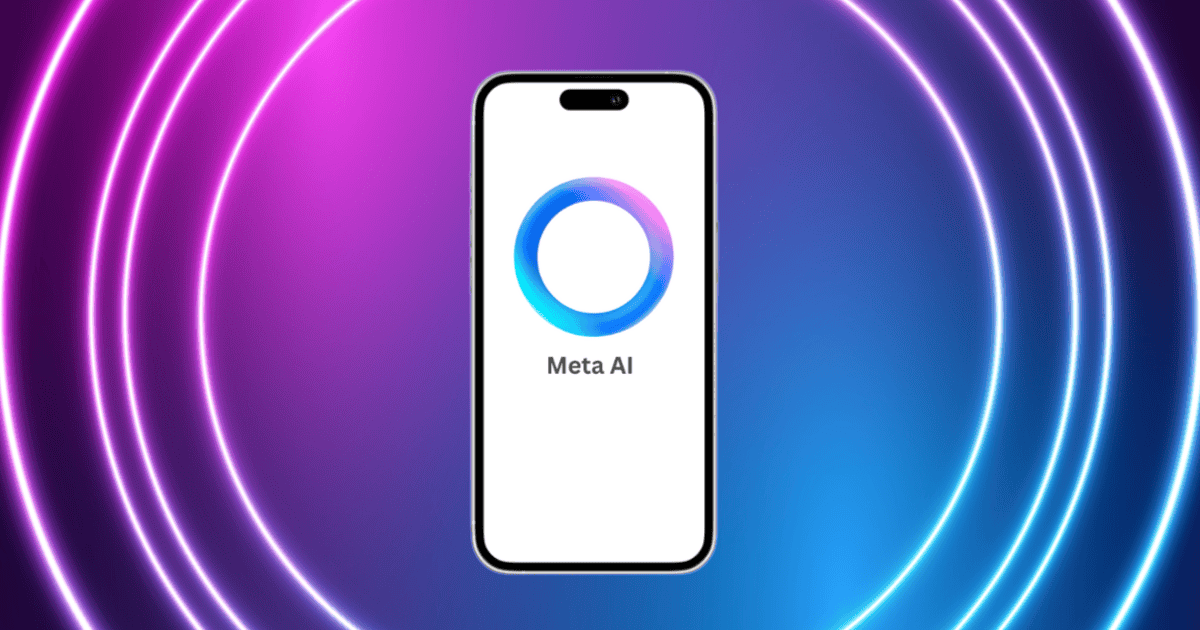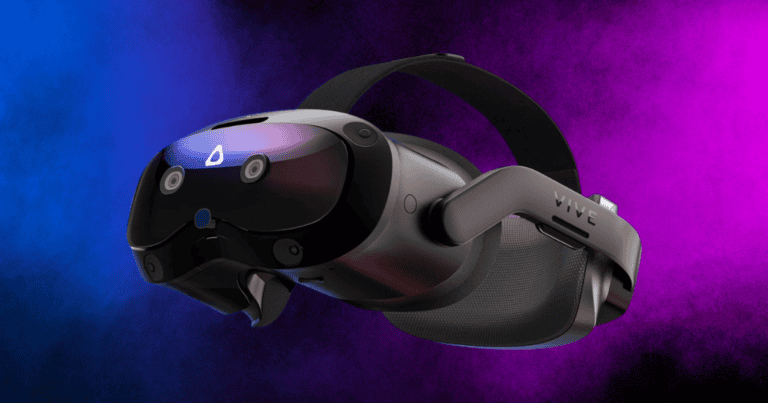Meta’s recent development of an AI-powered search engine marks a significant shift in the digital search landscape, potentially challenging Google’s long-standing dominance. This innovative search solution integrates seamlessly across Meta’s platforms, including Facebook, Instagram, and WhatsApp, offering users a more personalized and conversational interaction with digital content. Let’s delve deeper into the features, impacts, and future implications of this technological advancement.
Meta’s Strategic Vision for AI-Driven Search
Meta aims to redefine digital search by embedding AI-driven capabilities directly within its social media platforms. This approach not only enhances the user experience by providing seamless access to information but also keeps users engaged within Meta’s ecosystem, reducing their reliance on traditional search engines like Google and Bing.
Core Features of Meta’s AI Search Engine
- Personalized Search Responses: By leveraging AI, Meta’s search engine can offer personalized answers based on a user’s past interactions and preferences, fostering a more relevant search experience.
- Real-Time Content Updates: Through strategic partnerships, such as with Reuters, Meta ensures that the search results include the latest news and information, making them more useful for users who seek timely content.
- Conversational Interaction: Meta’s search engine supports natural language queries, allowing users to interact with it as they would with a human, making the search process more intuitive and less robotic.
Enhanced User Experience
The integration of an AI-powered search engine across Meta’s platforms is set to transform user experience significantly:
- Unified Interface: Users can perform searches directly within the apps they already use for social interaction without switching to a separate search engine. This convenience is likely to increase user retention and satisfaction.
- Reduced Information Overload: With AI’s ability to understand context and relevance, Meta’s search engine can filter out irrelevant information, presenting only the most pertinent search results to the user.
- Interactive and Engaging: The conversational nature of the search interface makes interacting with the AI feel more engaging, potentially increasing the frequency and depth of user interactions on Meta’s platforms.
Implications for Digital Marketing
Meta’s AI search engine introduces new dynamics in digital marketing, necessitating adjustments in strategies to leverage these changes effectively:
- Shifts in SEO Strategies: Brands may need to optimize their content specifically for Meta’s search algorithms to ensure visibility in this new search environment.
- Enhanced Ad Targeting: The AI-driven insights gathered from user searches can provide marketers with more precise data on user preferences and behavior, enabling more targeted and effective advertising campaigns.
- Opportunities for Increased Engagement: The integration of search within social platforms presents new opportunities for brands to engage with users in real-time, offering relevant content and promotions based on the current search context.
Future Directions and Industry Impact
As Meta continues to develop and refine its AI search engine, the future of search technology looks increasingly integrated with social media platforms, leading to significant impacts across the digital industry:
- Innovation and Competition: Meta’s entry into the search market is likely to spur innovation and heightened competition among existing players like Google and Bing, who may respond with new features or enhanced AI capabilities to maintain their market positions.
- Changes in User Behavior: With more efficient and integrated search capabilities, user behavior may shift increasingly towards platforms that offer all-in-one solutions, potentially diminishing the relevance of standalone search engines.
- Regulatory and Privacy Considerations: As search becomes more integrated with social media, issues surrounding data privacy and regulation will become increasingly important. Meta will need to navigate these challenges carefully to build trust and ensure compliance with global data protection laws.
Final Thoughts
Meta’s AI-powered search engine represents a bold step forward in the evolution of digital search, challenging existing paradigms and setting new standards for how users access information online. By combining AI’s advanced capabilities with its vast social network, Meta is not just enhancing user experience but is also poised to reshape the entire digital search industry. As this technology matures, it will be fascinating to watch how it influences user interactions, marketing strategies, and the competitive dynamics of the search market.






